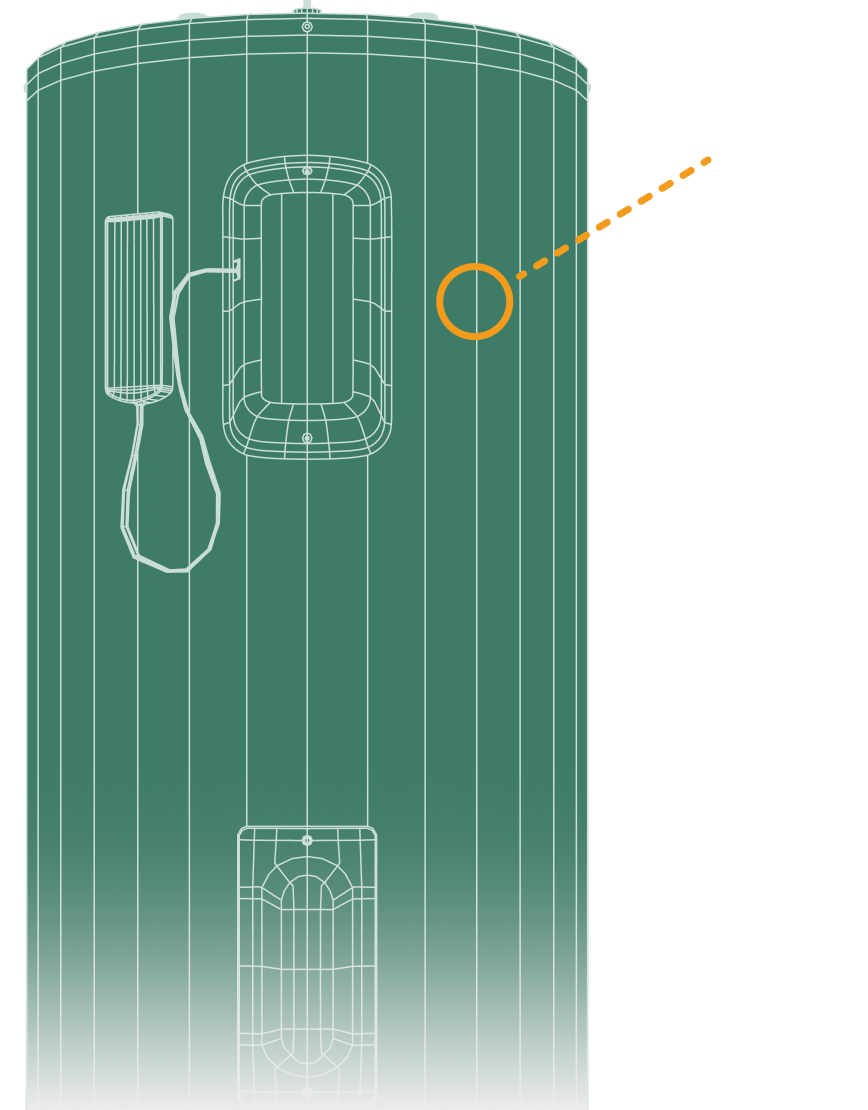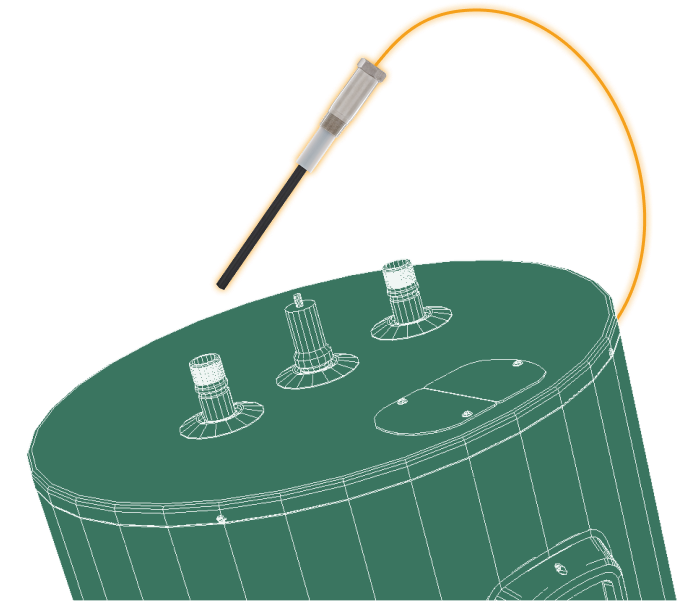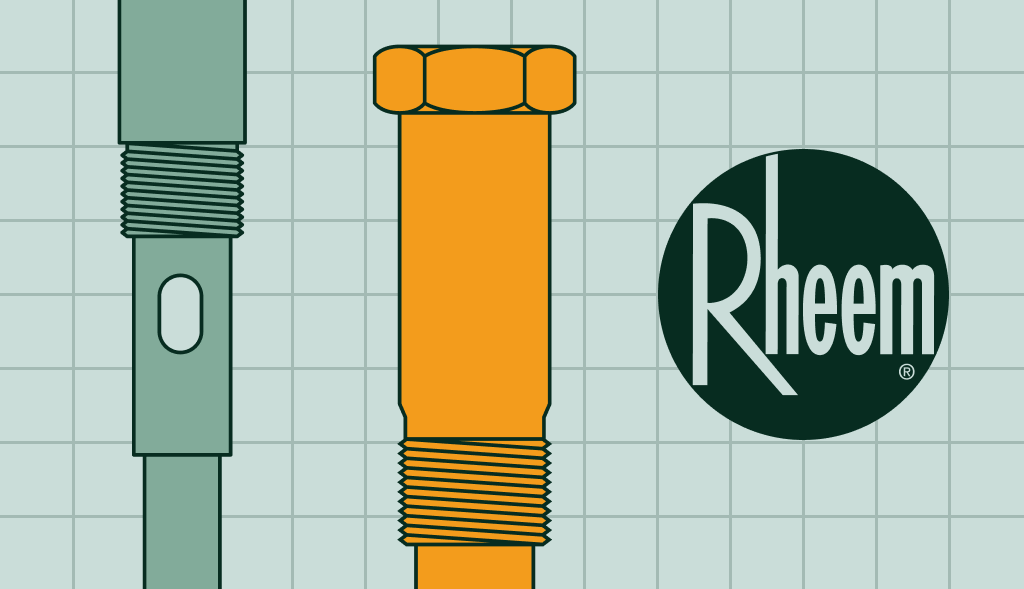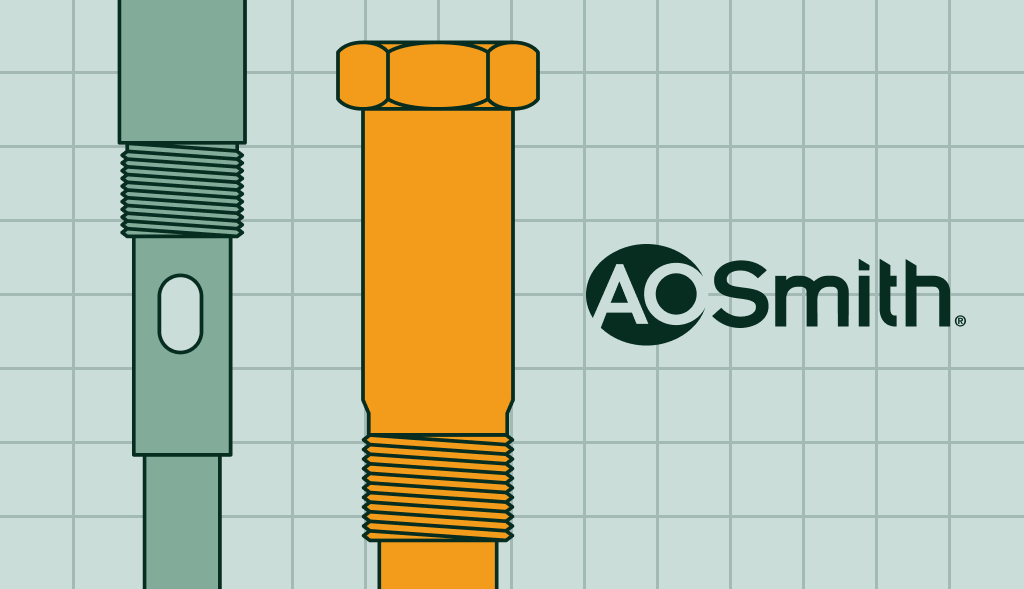Air in Hot Water Line

Having some air in the hot water line is a widespread issue all around North America. People also describe this as cloudy water or bubbles in hot water. When you open hot water, water splashes everywhere, and loud noises can be heard. Stop asking yourself why is my hot water cloudy and solve it with a powered anode rod.
Causes of Air in Hot Water and How to Fix it
Air in hot water lines normally comes from your hot water tank. Trapped air will be released when you use the hot water in any faucet inside your house. That water pressure seems to be affected but remember that the real problem is coming from your water heater, not your water supply.
Water Heater Corrosion
Air in hot water lines is normally caused by corrosion happening inside your water heater. When corrosion is happening inside the water heater, hydrogen can be created because of the chemical reaction happening in that corrosion cell. That hydrogen builds up inside your water heater and is released when you use the hot water, causing some air in the hot water lines.
Factory-Installed Magnesium Anode Reaction
If you are having some air in a hot water line without any other signs of corrosion, this can be caused by the reaction between the anode installed inside your tank and your water itself. The anode rod creates some hydrogen because of the water and this creates some bubbles in the water.
While removing the factory-installed magnesium anode could stop your issue, this is not recommended. Even if it doesn’t work for a long period, this anode is there to protect your water heater from corrosion.
Water Supply Turned Off and Maintenance
Turning off your water supply for an extended period as well as plumbing maintenance work can allow air to enter the system. While these circumstances would also affect your cold water lines, it is not a major problem.
You can try to purge your system by running all of your faucets at once until the water runs clear. This will help to get rid of any air bubbles that might be in your system. By doing this, make sure all of the shut-off valves in your home and make sure they are open all of the way. If any of the valves are only partially open, this can restrict the flow of water and cause air to become trapped in the lines.
Water Heater Pressure Relief Valve
Once you have bled the line, you should also check the pressure relief valve on your water heater to make sure that it is working properly. This valve is designed to release pressure from the system if it gets too high, and if it is not working properly it can cause air to become trapped in the lines.
Causes of Air in Cold Water Lines
Air in cold water only or both in the hot and cold water is a completely different problem and it’s likely coming from you well. We suggest calling a plumber to make sure the problem is corrected properly. Air in water lines can cause a lot more problems in your plumbing system than just splashing water all over the place when you use it.
Other signs that you have air in your water pipes are uneven water flow, air bubbles in the water, noises that can result from a phenomenon called water hammer, and problems with your dishwasher and washing machine.





How to Stop the Air in Hot Water Line?
In just a few hours, Corro-Protec’s powered anode rods permanently stop the corrosion inside the water heater which stops the reaction that creates hydrogen sulfide gas in the hot water lines.
If the air is coming from a reaction between your rod and the water, our powered anode made of titanium will protect your water heater and prevent that reaction from ever coming back.
This article was written by Vincent Veilleux, Corro-Protec CEO and AMPP Tester on April 2019 and updated on April 2024.
Powered anode rod stops chemical reactions inside the tank.
To stop the air in your hot water line, you need to stop the corrosion inside your water heater and avoid the reaction between your water and the factory-installed magnesium anode rod.

Blog
Protect Your Rheem Water Heater: How to Replace Your Anode Rod
Rheem water heaters are a trusted name in home comfort. However, like all appliances, proper maintenance is key to longevity. One critical component is the […]
A.O. Smith* Water Heater Anode Rod: Location and Replacement Guide
The anode rod protects your A.O. Smith water heater from corrosion. Typically found on top under a plastic cap, it can be removed with a […]


4.89/5 Based on 400 reviews
«Had an issue with air bubbles in the hot water line after installing a new water heater (magnesium anode rod). The water heater rod was covered in deposits that apparently created the air bubbles. Interestingly, the previous water heater had an aluminum anode rod and air bubbles were not a problem. The Corro-Protect anode rod immediately fixed the problem – the air bubbles were gone just as soon as the new rod was installed.»
R. Thorne
«I live in the country off a well, and since I’ve lived here, the water has had a smell, and there’s been air in the hot water lines. I installed this in my water heater and no longer have any air in my lines and the smell is completely gone. It did exactly what it promised to do and then some, I wish I had installed it sooner. It’s been in for a couple weeks now and I couldn’t be happier. »
Chris D.